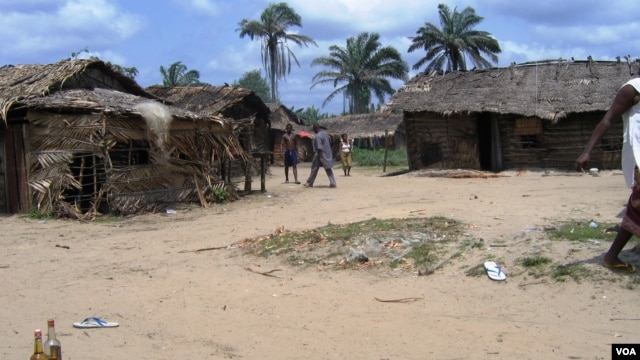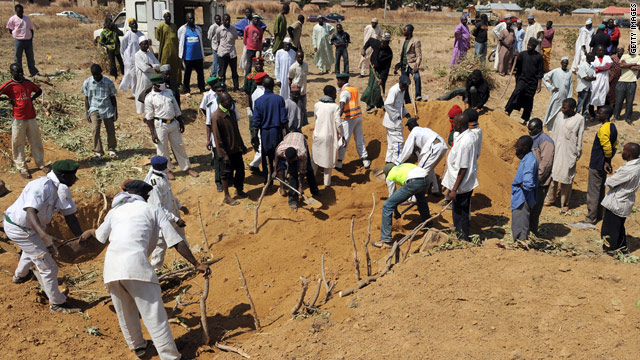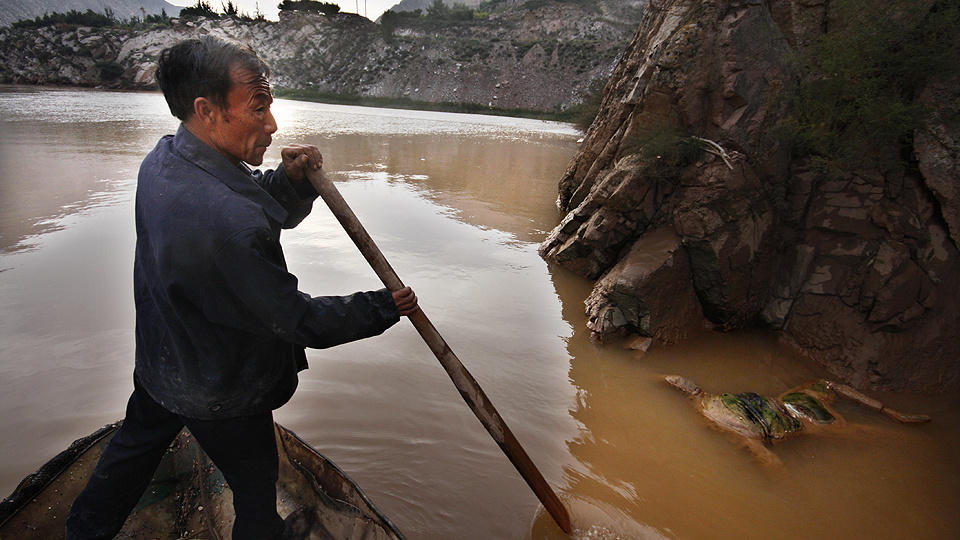
There is increasing danger of environmental and ecological problems arising from the threats posed by decomposing bodies of Nigerians that were attacked, killed and thrown into the Bakassi waters last week as they are reportedly being washed ashore.
Fishes, birds, animals and other insects are said to be feasting on these bloated bodies and the stench oozing out is said to be disturbing to the people left behind at the settlement, which Bakassi leadership insists is the traditional homeland of the Bakassi people.
Last week, Cameroonian authorities stormed the Efut Obot Ikot settlement where Nigerians of Bakassi origin lived even as they had forcibly accepted the sovereignty of Cameroun.
According to reports, 1800 of them, including 600 were displaced and presently the children have been exposed to severe dangers even as many are now without parents and wives without husbands having been killed or missed during flight, warranting the Chairman of the Bakassi Local Government Council of Cross River State, Dr Ekpo Ekpo Bassey to raise alarm when he spoke to journalists.
He confirmed that there were more than five people that were killed by the gendarmes when they invaded the settlement, adding that at least 11 have been declared missing.
He said that following the forceful ejection of over 1800 Nigerians from that settlement last week by the Cameroonian authorities, the health of 600 children now identified have become exposed to health hazards and strongly appealed to the Nigerian government and international communities to urgently come to their aid in order to avoid epidemic.
"We strongly appeal to kind-hearted individuals, Nigerian government and foreign agencies to look into the plight of women particularly the identified 600 Nigerian children whose health has been endangered as a result of the forceful ejection of their parents from their traditional homeland in the Bakassi peninsula.
"Their forceful ejection has now produced refugee problem for the Cross River State government and in particular, Bakassi LGA which shares a common boundary with the Cameroon Republic", he said.
He was worried that the killing which was becoming continual was also an outright violation of the Green Tree Agreement of the International Court of Justice which ceded the peninsula to Cameroon.
As at yesterday when former special adviser to ex President Olusegun Obasanjo, Senator Florence Ita-Giwa, alongside paramount ruler of the Council, Etinyin HRM Etim Okon Edet, officials of State Emergency Management Agency (SEMA) and others visited the displaced peoples camp at St Mark Primary School, Ikot Eyo Edem near Akpabuyo LGA to donate foods and other relief items, the decomposing bodies were yet to be attended to thereby raising much concerns.
At their meeting with the displaced Nigerians, Senator Ita-Giwa again emphasized the need for the people to be properly resettled in their chosen place in order to avoid continual maiming and slaughtering of Bakassi indigenes in Cameroon Republic.
According to one of the affected persons, 65 year old Elder Archibong Edet who spoke to some journalists, he confirmed that when the Cameroon military attacked them in an effort to evict them forcefully, they severely manhandled and maimed many of them and others killed.
He said that some of them that tried to resist because they wanted to look back to pack their vital belongings were shot by the gendarmes. "At least, 10 of us, including women and children were shot and killed. Their bodies were thrown into the rivers by the Cameroonian soldiers", he said.
Mrs Affiong Nsa said she had a farm close to the estuary; that she could count some bodies that were brought out by the sea and that these bodies were still there by the time she took flight to avoid been arrested or raped by the gendarmes.
While praying that the attack should stop, she appealed to the authorities to ensure that the bodies are removed so that they no longer pose dangers to the health of the people or to marine lives.
Thursday 4 April 2013
http://allafrica.com/stories/201304040442.html






